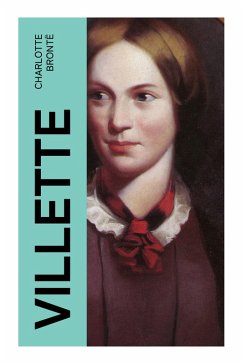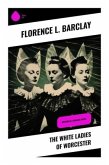In "Villette," Charlotte Brontë crafts a profound narrative that explores themes of isolation, identity, and the complexities of female ambition within a patriarchal society. Set against the backdrop of a fictional Belgian town, the novel chronicles the journey of Lucy Snowe, a resilient yet introspective protagonist who navigates the challenges of a foreign culture and her own emotional turmoil. Brontë's intricate prose masterfully combines gothic elements with deep psychological insight, reflecting the societal constraints of the 19th century while delivering an evocative portrayal of self-discovery and the quest for belonging. Charlotte Brontë, one of literature's most celebrated novelists, drew inspiration from her experiences in Belgium and her own struggles with loneliness and societal expectations. The influence of her sisters, particularly Emily Brontë, and the turbulent context of her times-marked by rigid social hierarchies and gender roles-further informed her nuanced characterizations and thematic exploration in "Villette." Brontë's own experiences in education and her keen observations of human nature contribute significantly to the depth of the narrative. Readers seeking a rich, psychological, and feminist exploration of the human condition will find "Villette" a compelling choice. Brontë's masterful storytelling and her profound insights into the struggles of women offer a timeless reflection that resonates even in contemporary discourse. This novel remains a crucial study for those interested in the evolution of literary themes and the complexities of character development in English literature.
Bitte wählen Sie Ihr Anliegen aus.
Rechnungen
Retourenschein anfordern
Bestellstatus
Storno








